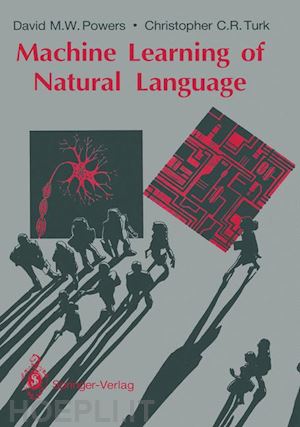1 Art, Science and Engineering.- Cognitive Structures.- Scientific Method.- Language is Contrastive.- 2 Metaphor as a Cognitive Process.- Conjecture and Refutation, Theories and Hypotheses.- Specialization and Abstraction, Induction and Generalization.- Partial Analysis and Noise.- The Importance of Errors and Restrictions.- 3 Psychology and Psycholinguistics.- The Observable Processes of Acquisition.- External Influences: Parents, Imitation, and Correction.- Expansion and Reduction.- 4 Language Defects and Correction.- Rate and Order of Learning.- Telegraphic Speech.- Parents and Teachers: Good and Bad Examples.- Reinforcement: Punishment and Reward.- 5 Cognition and Restriction.- The Cognitive Processes of Language Acquisition.- The Magical Number Seven.- Memory and Capacity Phenomena.- Adult Characteristics.- 6 Nativism and Constructivism.- Representations: Deep Structure and Language Acquisition.- Acquisition Models, Chomsky and Piaget.- Computer Programs as Psychological Models.- 7 Neurology and Neurolinguistics.- Neuroanatomy: Brains, Neurons, and Synapses.- Neurophysiology and the Effects of Plasticity.- Neural Communication and Languages of the Brain.- Neural Nets: Connectionistic and Locationistic Models.- 8 The Nature of Language.- The Quintessence of Language.- Epistemology, Phonology, and Prosody.- Culture, Perspectives, and Metaphor.- 9 The Mechanics of Language.- Contrast and Similarity: Paradigmatic Learning and Context.- The Structures of Language.- Models of Grammar.- 10 The Ubiquity of the Sentence.- Pronouns and Anaphora.- Recursion of Syntax and Parsing.- Transformational Grammar.- Generative Grammar.- Learning Process and Idiolect.- 11 Computer Science and Artificial Intelligence.- Pattern Recognition, Problem Solving and Heuristic Search.- LearningStrategies.- Problems and Theoretical Limitations.- 12 Heuristics and Analytic Intransigence.- Automata and Formal Languages.- Methodologies: Implementation vs Experimentation.- Cybernetics and Robotics.- Deletionless Strategies.- Formalisms.- Clauses: Horn and non-Horn, unit and non-unit Systems: LUSH and PROLOG.- 13 Postulates, Claims and Hypotheses.- The Bases of Meaning and Learning.- The Organization of Concepts in Learning.- The Process of Learning.- The Artificial Subsumes the Natural.- 14 Computer Modelling Experiments.- Batteries One to Seven.- A Generalized Toy World Package.- Partial Analysis of NLA.- Future Systems.- Conclusions.












